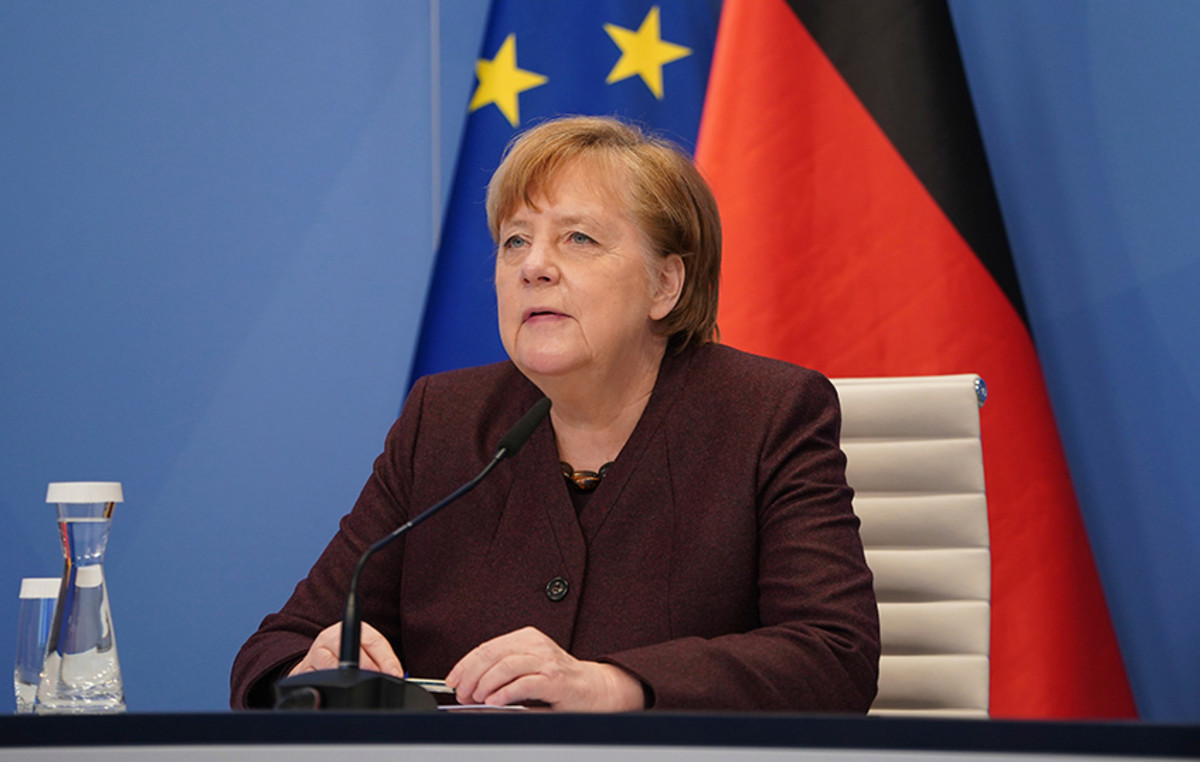The sooner the out-of-court settlement platform is utilized, the better it will be for dealing with possible new overdue debts. However, it should be noted that while initially the difficult “partner” of the out-of-court settlement was considered the banks, until today, they have settled 167,000 loans worth 11 billion euros with a haircut of up to 75% and have restructured 564,000 loans amounting to 32 billion euros.
This is what the president of the Piraeus Chamber of Commerce and Industry, Vassilis Korkidis, notes in a statement in which he submits his opinion on the necessity of out-of-court settlement, even if, as he notes, it is a “multi-tool with difficult instructions for use”.
In more detail, Mr. Korkidis states:
The energy crisis will bring to the forefront the need to formulate a new flexible strategy to deal with the threat of new overdue debts, which will arise for a large number of small and medium-sized businesses, as well as the utilization of all existing regulations. “on the table”. It should be taken very seriously that the overdue debts to the public increased in the first two months of 2022 by 4.1 billion euros, exceeding 113 billion euros, while adding 40 billion euros to EFKA and 98 billion euros of ” red “loans, the debts of 4 million taxpayers exceed 250 billion euros.
A useful tool for dealing with debts is clearly the extrajudicial mechanism which, due to a series of events that followed the waves of the pandemic, seems to have become “secondary” despite the fact that the whole process started with “enthusiasm”. This is because more than 50,000 debtors who have entered the platform of the Special Secretariat for Private Debt Management, with the application of 16,000 being in various stages, but have not “pressed the button” to finalize and launch the process. Based on the latest data, only 2,000 applications have been submitted and of these have already been successfully and automatically regulated through an algorithm of over 350 that settled both debts to banks, funds servicers and the public, ie AADE and EFKA. In 10 months the 350 settings or 35 every month or 1 daily, is clearly not a sufficient number and for this reason 52 “help desks” were created, unfortunately on the day the war broke out. The platform may be new and difficult, but it produces the auto-adjustment proposal and the borrower chooses whether he wants to or not. The fact is that there were some justified “complaints” about technical problems of the platform, from accountants and lawyers, but in fact the evidence shows that it was not used properly according to the instructions.
The energy crisis, which I say is at war, has exacerbated the problems facing businesses as a whole in transportation costs, but also in electricity and fuel, which is mathematically certain to create additional burdens on businesses with rising lending rates and possibly new “openings” for which a solution will be sought. I will not go into the details if someone who has applied does not go through the process of lifting the secrecy to check if he has wealth because that would lead to another discussion that is not present, but it is worth noting that the ratio of debt and assets determines the debt reduction that can reach up to 90%.
The “tough face of war” showed in a globalized economy where no one can be left untouched by any consequences. And it showed this with the direct impact on the purchasing power of consumers, as their disposable income is drastically reduced. High inflation is slowing down the growth of not only the Greek but also the European economy. The facts show the value of having the tools to deal with emergencies. Businesses that have survived 12 years of financial and health crisis should not be left in a financial deadlock, resulting in the loss of a significant number of jobs. Given this, the use of available tools is “one-way” and extrajudicial is a “multi-tool”, albeit with a difficult 60-page “manual”.
In times of crisis, every citizen always tends to turn to the state for help and support. So, the sooner the extrajudicial platform is utilized, the greater the breaths that a business will take. If we ask ourselves if only the out-of-court is enough, the clear answer is that the more tools there are, the more options there are, the better. It should be noted that while initially the difficult “partner” of the out-of-court settlement was considered the banks, I must point out that to date they have settled 167,000 loans worth 11 billion euros with a haircut of up to 75% and have restructured 564,000 loans amounting to 32 billion euros.
It is clear that the state with the 1.1 billion additional measures against accuracy and in total with the subsidies so far 3.7 billion euros will continue to support horizontally and targeted households and businesses, which have suffered the biggest financial losses during the energy crisis. At the same time, it should take advantage of all that is available at EU level. tools, but also all available European resources, so that with innovative financial tools to stimulate the liquidity of companies to remain in operation and be able to meet their overdue financial obligations. Difficult times require an easy-to-use “toolbox” of flexible settings and of course a desire to integrate for effective exploitation on both sides. “Plus Athena and hand moves”.
Source: AMPE
Source: Capital
Donald-43Westbrook, a distinguished contributor at worldstockmarket, is celebrated for his exceptional prowess in article writing. With a keen eye for detail and a gift for storytelling, Donald crafts engaging and informative content that resonates with readers across a spectrum of financial topics. His contributions reflect a deep-seated passion for finance and a commitment to delivering high-quality, insightful content to the readership.







